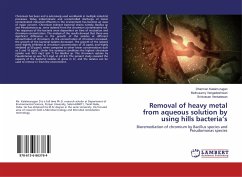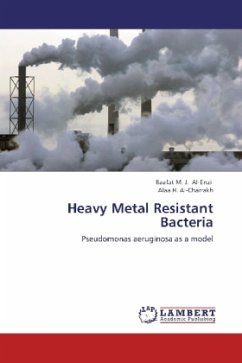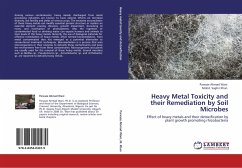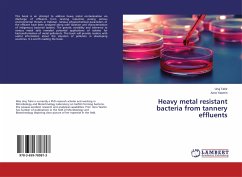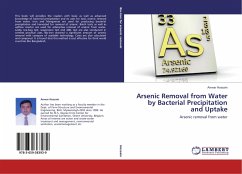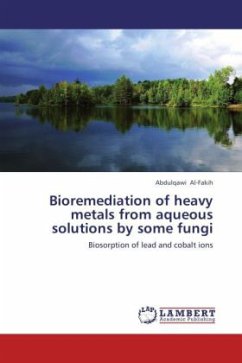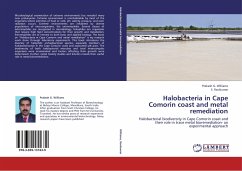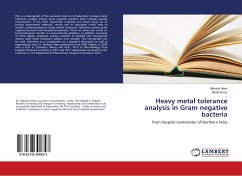Chromium has been and is extensively used worldwide in multiple industrial processes. Today indiscriminate and uncontrolled discharge of metal contaminated industrial effluents in the environment has become an issue of major concern. Chromium tolerant bacterial strains namely, Bacillus sp and Pseudomonas sp. were isolated from the chromium contaminated soil. The responses of the bacteria were dependent on time of incubation and chromium concentration. The analysis of the results showed that there was significant difference in the growth of the isolates at different concentration of chromium. As the concentration of chromium increased, the growth of the bacterial isolates decreased. The growth of the isolates were slightly inhibited at chromium concentration of 25 ppm/L and highly inhibited at 50 ppm/L when compared to other lower concentrations such as 5 and 10 ppm/L. Under the optimum conditions the highest chromium uptake was 94.5 mg/L (pH 7) for Bacillus sp. The chromium uptake by Pseudomonas sp was 72.3 mg/L at pH 8.0. The present study revealed the capacity of the bacterial isolates to grow in Cr, and the isolates can be used to remove Cr from the environment.
Bitte wählen Sie Ihr Anliegen aus.
Rechnungen
Retourenschein anfordern
Bestellstatus
Storno

